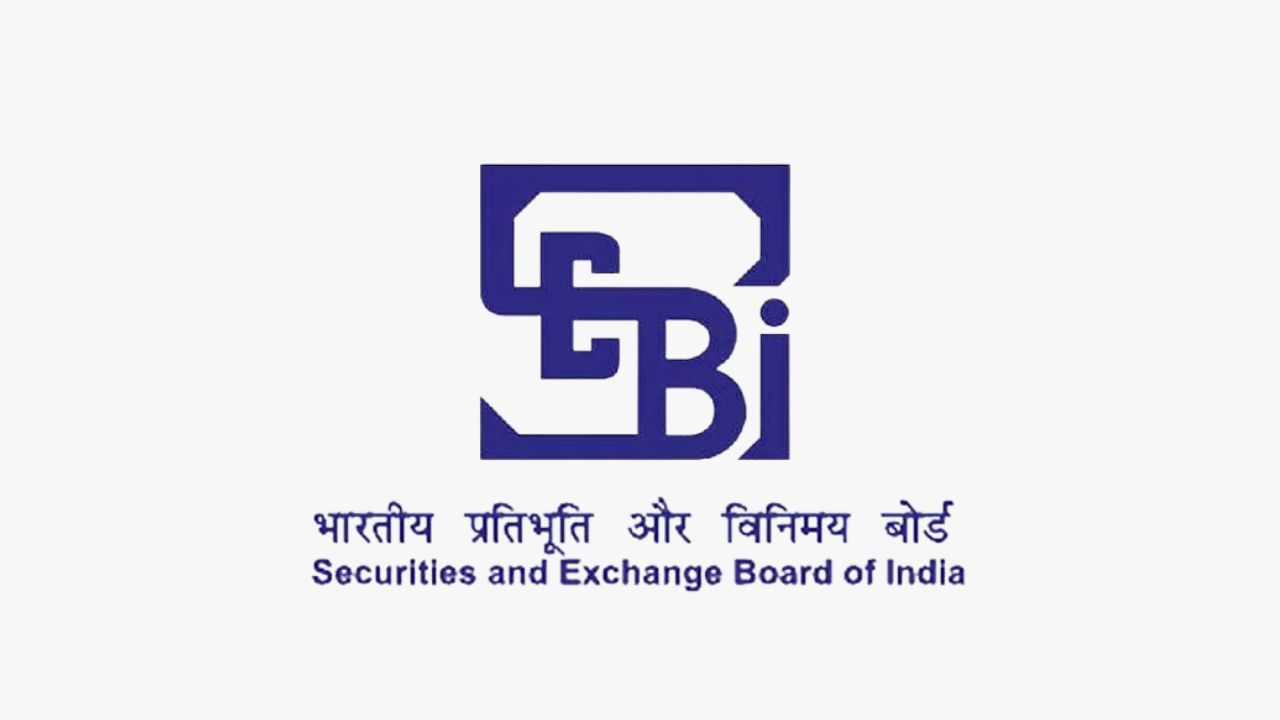What is SEBI
The Securities and Exchange Board of India is the regulatory body for the securities market in India.
SEBI’s journey began with the establishment of the Chandrasekhar Committee in 1985, which recommended the formation of an autonomous body to regulate the securities market.
Thus, formed in 1988 as a non-statutory body, the Government of India enacted the SEBI Act, 1992, granting SEBI statutory powers and authority to regulate the market.
Identify the strengths and weaknesses in your portfolio based on returns, volatility, asset allocation, and more, enabling you to make informed decisions related to your portfolio.
Review all your mutual Fund Investments in one place with MutualFundWala
What Does SEBI Do?
SEBI is trusted with the responsibility of formulating regulations and guidelines to govern the market and aid in its development.
These regulations and guidelines ensure orderly conduct among various market participants like stock exchanges, brokers including mutual funds. This is done primarily to create a transparent and fair-trading environment where the investors’ interests are protected.
SEBI and The Mutual Fund Industry
The Mutual Fund Industry in India has witnessed significant growth and transformation in recent years, with SEBI playing a crucial role in ensuring its stability and transparency by making regulatory changes and initiatives by SEBI to enhance investor protection and market development.
Speak with our experts to optimize your investments and make informed decisions related to your portfolio.
Recent Examples of SEBI’s Impact on The Mutual Fund Industry
Franklin Templeton Mutual Fund
Six debt schemes of Franklin Templeton Mutual Fund with assets of approximately Rs. 26,000 Crores were abruptly closed in 2020. This was due to sudden and extreme redemption pressures and a lack of liquidity in the bond market during COVID-19.
This highlighted the dire need for regulatory oversight. SEBI’s subsequent investigation led to stricter regulations on debt funds and better liquidity management practices.
Kotak Mahindra Asset Management Company
In 2022, SEBI imposed a penalty of Rs 1.6 Crores on Kotak Mahindra Asset Management Company and its Managing Director Nilesh Shah along with other fund managers.
The Asset Management Company (AMC) failed to communicate important investments to investors related to six Fixed Maturity Period (FMP) schemes and subsequently failed to pay the investors the full maturity amount. This action underscored SEBI’s commitment to enforcing compliance and protecting investors’ interests.
Speak with our experts to optimize your investments and make informed decisions related to your portfolio.
Sahara Mutual Fund
In 2022, the Sahara Mutual Fund was found to be operating in a manner that did not align with the best interests of its investors.
SEBI thus directed the fund to wind up its schemes immediately and return the money to the investors. However, the failure to do so in a timely manner led to further penalties and fines.
This case highlights SEBI’s stringent regulations and its commitment to protecting investor interests.
Conclusion
SEBI’s role in the mutual fund industry in India is indispensable. Through its regulatory framework, SEBI ensures that mutual funds operate transparent, efficient, and investor-friendly.
Specifically with regards to the Mutual Fund Industry, regulatory changes and enforcement actions by SEBI strengthen the mutual fund industry and protect investor interests.
As the Mutual Fund Industry continues to grow, SEBI’s vigilant oversight and proactive measures will remain crucial in shaping its future.











